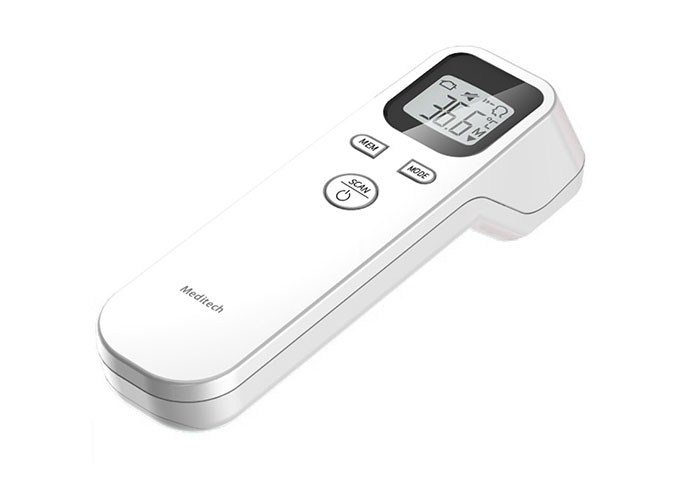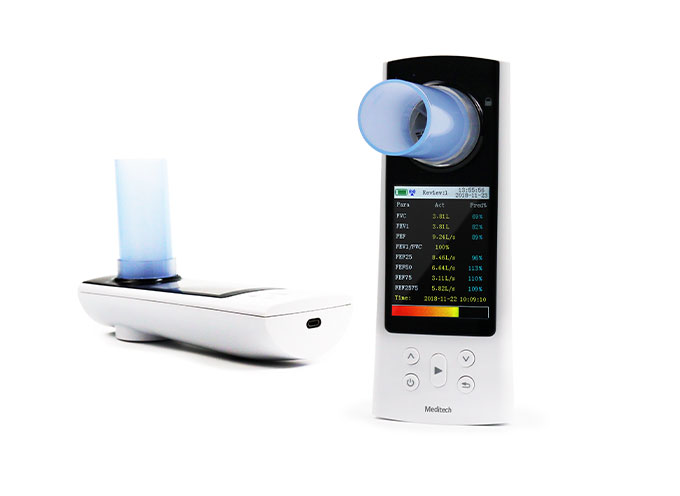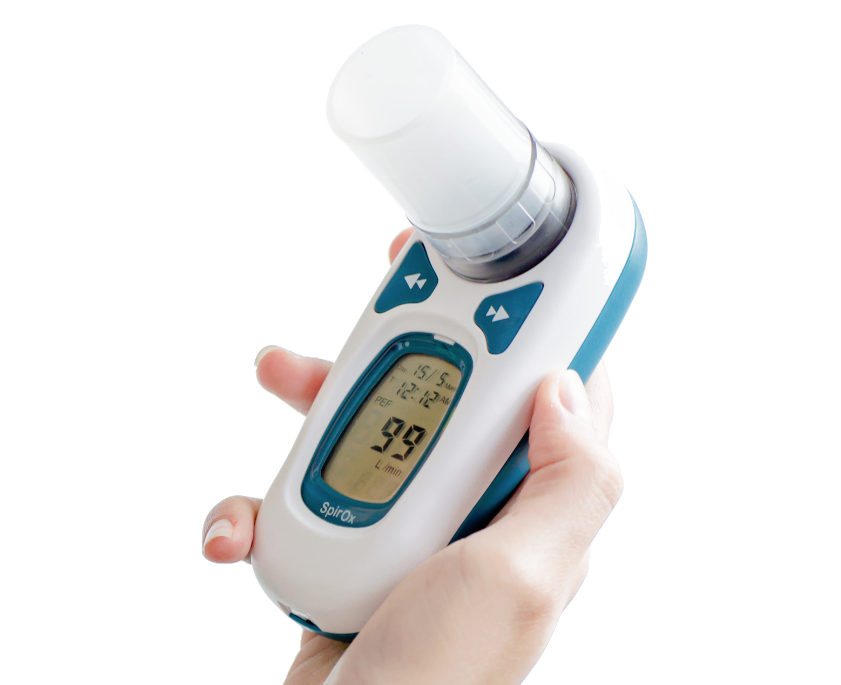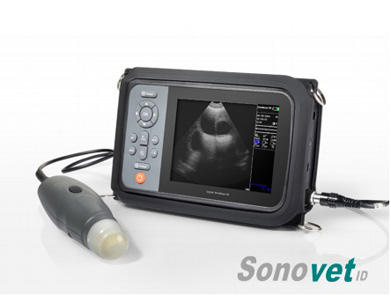
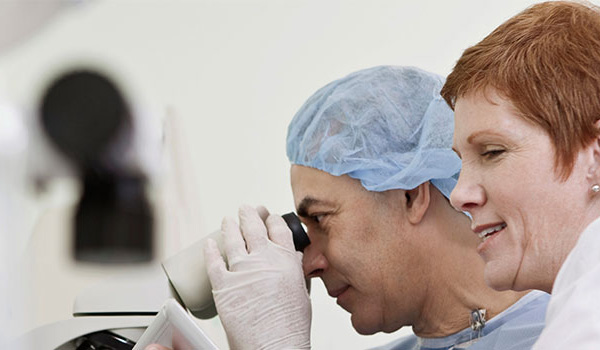
Product Library
Why does my pet need an ultrasound
Ultrasound FAQs
An ultrasound exam is a way of looking inside your pet’s body (liver, kidneys, and intestines) without having to perform surgery. The ultrasound machine sends sound waves into the body and then listens for the echoes, the machine then uses these echoes to form a picture of the inside of your pet! Don’t worry, these sound waves are too high in pitch for us, or any of our patients, to hear and produce no harmful effects as a diagnostic tool
.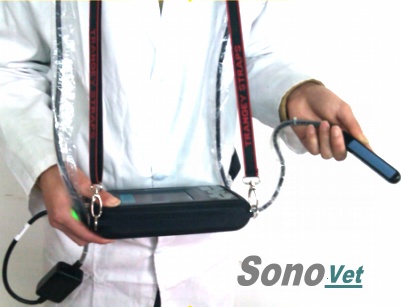
WHY DOES MY PET NEED AN ULTRASOUND EXAM?
Ultrasound exams are performed for many reasons. In human medicine, most of us think about ultrasound exams during pregnancy. However, in veterinary medicine, because ultrasound is a safe, repeatable way to look inside the body, it has become a very useful tool for many other situations.
Your veterinarian may have requested an ultrasound exam of your pet for one of the following reasons:
- Abnormal bloodwork
- Vomiting or diarrhea that has lasted for a long time
- Weight loss with no change in eating habits
- Chronic infections
- Change in urinary habits
- Baseline ultrasound for future examination (geriatric patients)
- Recheck on previous problem
- Cancer staging
- Fluid in chest or abdomen
- Pregnancy
- Pre-surgical
- To permit biopsy
WHAT WILL YOU BE ABLE TO TELL BY DOING THE ULTRASOUND EXAM?
Ultrasound allows us to examine internal organs for location, size, shape, texture and blood supply. Unfortunately, ultrasound does not always give us a clear picture of how well the specific organ is working, this may be determined by other tests such as bloodwork or additional imaging.
It is not uncommon to find “masses” within the organs being examined by ultrasound although many of these turn out to be normal changes that occur as patients age. It cannot always be determined by ultrasound alone if the mass is benign (non-cancerous) or malignant (cancer). The doctor will look at your pet’s medical history and current concern, as well as the entire ultrasound exam to make a diagnosis and recommendations for further tests.
Further tests may include an ultrasound-guided aspirate of a mass found on ultrasound (obtaining a very small sample of the tissue with a needle), bloodwork, additional imaging, recheck imaging or surgery. You will always be contacted prior to any additional procedures.
WHAT CAN I EXPECT TO HAPPEN TO MY PET DURING AN ULTRASOUND EXAM?
We care about your pet as much as you do and want the ultrasound exam to be a positive experience for both of you. Please feel free to ask us questions, we will do our best to provide you with the information you need
WHY DOES MY PET HAVE TO BE SHAVED?
To obtain the best ultrasound images possible, good contact between the ultrasound probe and your pet’s skin is necessary. Sound waves don’t like to travel through hair! Your pet will need to have the fur / hair shaved from the area being scanned. You can expect the fur to grow back in ~3-4 weeks. If it is cold weather and your pet spends time outdoors, you may wish to provide a sweater or additional bedding while their fur re-grows.
CAN I BE THERE DURING THE ULTRASOUND?
Your pet will be brought by a trained veterinary technician to the ultrasound room. Due to the size of the room and the technical aspects of performing an ultrasound exam, we do not permit owners to accompany their pet to the ultrasound room. However, the veterinarian performing the exam will review the images obtained during the exam with you shortly after the end of the exam. By separating the ultrasound and the discussion, the veterinarian can obtain the best images possible and focus on the needs of your pet during the exam. We appreciate your understanding.
WHAT ACTUALLY HAPPENS DURING THE EXAM PROCESS?
The ultrasound exam is performed on a padded lift-table while your pet lies quietly on it’s side in a dimly-lit room for approximately 20 to 30 minutes at a time; if the evaluation goes on longer than this time your pet will be given breaks to stretch. A warmed, water-based gel is applied to the area being examined and the ultrasound transducer is gently moved along your pet’s skin.
For the majority of the exam, minimal pressure is applied. Sometimes, to get a good picture, your pet may experience a slight “pushing” against their skin or may wiggle a little when we image a “ticklish” spot. Because of this, your pet will be gently restrained by the veterinary technician. Most pets will even relax enough to enjoy the undivided attention and ear rubs during the exam, while others get in a quick nap!
If you would like to run an errand while the exam is occurring, please leave information on how we can contact you. A typical exam will take 45 minutes. Arrangements can be made for early drop-off and late pick-up if required.
AFTER THE EXAM
After the exam, the doctor will discuss your pet’s results with you and make recommendations for follow-up care with your regular veterinarian or the possibility of a referral to a specialist for treatment of your pet. A report about your visit will be sent to your regular veterinarian within 24 hours.
If your pet had sedation or additional tests you will be given any special instructions at this time.
Promoted Products
Meditech Brands
Meditech Equipment Co.,Ltd is part of Meditech Group. Product(s) described may not be licensed or available for sale in all countries. Sonotech, Sonovet, iSonic, FOs2pro, Dolphi, Defi, HeartRec,miniScan,Cardios,SpirOx,iBreath, Meditech and all corresponding design marks are trademarks of Meditech. The symbol indicates the trademark is registered. Patent and Trademark Office and certain other countries. All other names and marks mentioned are the trade names, trademarks or service marks of their respective owners. Please see the Instructions for Use for a complete listing of the indications, contraindications, warnings and precautions.
Legal notice Terms and conditions Cookie policy Privacy Policy Professional organisations Careers
